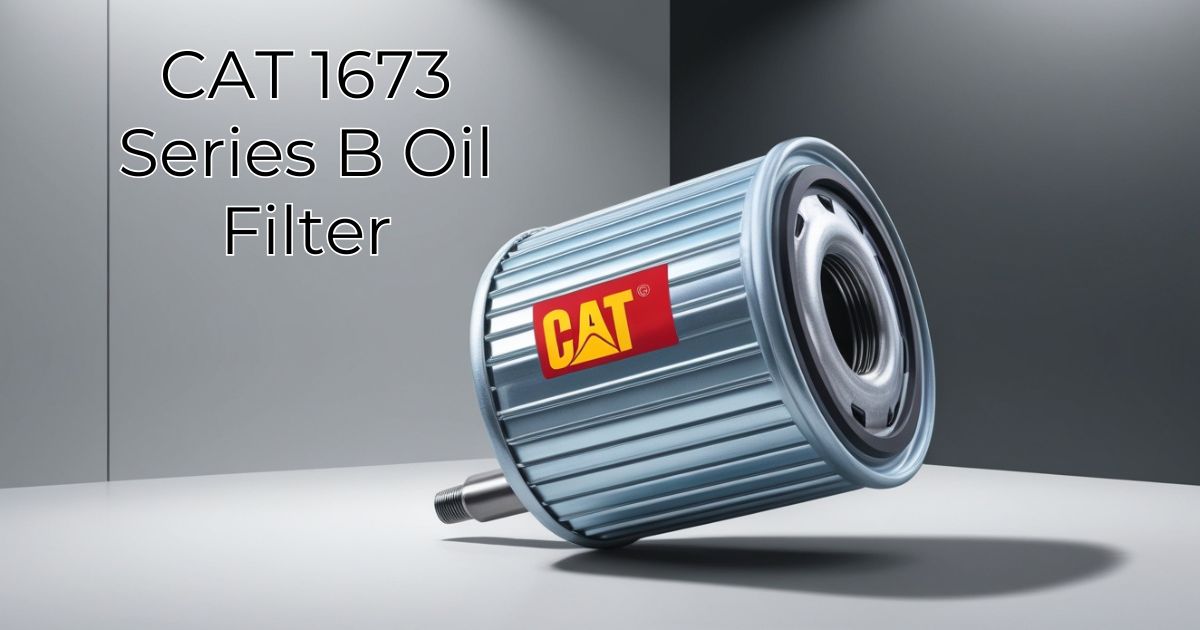In an age where environmental concerns dominate the discourse, sustainable manufacturing emerges as a critical focus for industries worldwide. This approach prioritizes eco-friendly practices that minimize waste, conserve resources, and enhance efficiency throughout the production process. As businesses face increasing pressure to adopt sustainable methods, thought leaders like Michael Schropp MPI have been at the forefront of this transformation. Michael Schropp, a prominent figure in Manufacturing Process Innovation (MPI), emphasizes the importance of integrating sustainability into manufacturing strategies. This guide will explore his contributions and provide insights into sustainable manufacturing practices that can help businesses thrive while protecting the environment.
Who is Michael Schropp?
Michael Schropp MPI is a distinguished leader in the realm of Manufacturing Process Innovation, with a career marked by a commitment to sustainability and technological advancement. With extensive experience in various manufacturing sectors, he has developed innovative strategies that not only enhance productivity but also prioritize eco-friendliness. His approach combines traditional manufacturing principles with modern technological solutions, fostering an environment where sustainability is ingrained in every process.
Through his leadership, many companies have successfully integrated sustainable practices into their operations, showcasing the feasibility and benefits of such initiatives. Michael Schropp MPI has significantly influenced how industries view sustainability—not just as a regulatory requirement, but as an opportunity for innovation and market differentiation. By promoting sustainable manufacturing, he aims to inspire other leaders to adopt similar practices, creating a ripple effect that could lead to a broader industry shift toward sustainability.
The Principles of Sustainable Manufacturing
Sustainable manufacturing is grounded in principles that prioritize environmental responsibility while maintaining economic viability. At its core, it involves producing goods in a way that minimizes negative environmental impacts, conserves energy and resources, and promotes safe and healthy working conditions. Key concepts include resource efficiency, waste reduction, and lifecycle thinking, which considers the environmental impacts of a product from its inception to disposal.
Implementing these principles not only benefits the environment but also enhances a company’s bottom line. By reducing waste and optimizing resource use, manufacturers can lower costs and increase profitability. Moreover, consumers today are more conscious of sustainability, and companies that adopt eco-friendly practices can differentiate themselves in the marketplace. Michael Schropp MPI emphasizes that sustainable manufacturing is not merely an option; it is essential for long-term business success and resilience in an ever-evolving economic landscape.
Michael Schropp’s Approach to Sustainability
His approach to sustainability is characterized by innovative thinking and practical implementation. He advocates for a holistic view of manufacturing processes, where sustainability is embedded in every step—from design to production to distribution. One of his notable strategies is the integration of cutting-edge technologies that enhance efficiency while minimizing environmental impact. For example, the use of automation and advanced data analytics allows for precise control over production processes, significantly reducing waste and energy consumption.
Case studies of companies that have partnered with Michael Schropp MPI illustrate the effectiveness of his methods. For instance, a major aerospace manufacturer adopted his strategies, resulting in a 30% reduction in energy use and a significant decrease in material waste. These successes highlight how adopting sustainable practices can lead to substantial financial and environmental benefits. Michael Schropp MPI continues to inspire industries by demonstrating that sustainability is not just a responsibility, but a strategic advantage.
Also Read: Unstability AI 862 5790522 NJ
Key Technologies in Sustainable Manufacturing
Technological advancements play a pivotal role in enabling sustainable manufacturing. Innovations such as automation, robotics, and artificial intelligence (AI) have transformed traditional manufacturing processes, making them more efficient and less resource-intensive. For example, automated systems can optimize production schedules, reducing downtime and minimizing energy consumption. Similarly, AI-driven analytics can predict maintenance needs, preventing equipment failures and further reducing waste.
Michael Schropp MPI has been instrumental in championing these technologies within the MPI framework. His advocacy for integrating smart manufacturing solutions has led to the development of systems that not only enhance productivity but also promote environmental stewardship. By harnessing the power of technology, manufacturers can significantly improve their sustainability metrics while maintaining competitiveness in the market. This dual focus on performance and eco-friendliness is a hallmark of Michael Schropp MPI’s vision for the future of manufacturing.
Challenges in Sustainable Manufacturing
While the benefits of sustainable manufacturing are clear, many companies face challenges in adopting these practices. Common obstacles include the initial costs associated with implementing new technologies, resistance to change within organizational cultures, and a lack of awareness or expertise in sustainable practices. Michael Schropp MPI emphasizes the importance of addressing these challenges head-on through education, training, and effective change management strategies.
For instance, companies can mitigate costs by gradually integrating sustainable technologies rather than opting for a complete overhaul of existing systems. Moreover, fostering a culture of sustainability within the organization encourages employee buy-in and engagement, making the transition smoother. By sharing insights and solutions, Michael Schropp MPI aims to empower manufacturers to overcome these barriers and realize the full potential of sustainable manufacturing.
Future Trends in Sustainable Manufacturing
The landscape of manufacturing is continually evolving, and sustainable practices are at the forefront of this transformation. Future trends indicate a growing emphasis on circular economy principles, where products are designed for reuse, repair, and recycling. This shift not only minimizes waste but also conserves resources and fosters innovation in product design.
Michael Schropp MPI believes that the future of manufacturing will be heavily influenced by advancements in digital technologies, such as the Internet of Things (IoT) and blockchain. These technologies can enhance transparency in supply chains and enable manufacturers to track their environmental impact more effectively. By embracing these trends, companies can position themselves as leaders in sustainability, attracting environmentally-conscious consumers and investors alike.
Building a Sustainable Manufacturing Culture
Creating a culture of sustainability within an organization is crucial for the long-term success of sustainable manufacturing initiatives. Michael Schropp MPI advocates for a holistic approach that involves all employees in sustainability efforts, from leadership to the shop floor. This can be achieved through regular training sessions, workshops, and clear communication of the company’s sustainability goals.
Leadership commitment is also essential; when executives prioritize sustainability, it sets a precedent for the entire organization. Encouraging employees to share their ideas and innovations can lead to creative solutions that enhance sustainability. By fostering a collaborative environment, Michael Schropp MPI helps companies build a strong foundation for sustainable practices that are embraced by all levels of the organization.
Resources for Sustainable Manufacturing
As industries strive to implement sustainable practices, numerous resources are available to support their efforts. Organizations such as the Sustainable Manufacturing Coalition and the National Institute of Standards and Technology offer guidance, tools, and networking opportunities for manufacturers committed to sustainability. Additionally, online platforms provide access to best practices, case studies, and research that can inform decision-making.
Michael Schropp MPI often emphasizes the importance of staying informed about emerging trends and innovations in sustainable manufacturing. By engaging with industry networks and participating in conferences, manufacturers can exchange ideas and learn from one another. These resources not only enhance knowledge but also inspire organizations to continually improve their sustainability initiatives.
Conclusion
Michael Schropp MPI’s influence on sustainable manufacturing highlights the critical intersection of innovation and environmental responsibility. As industries face growing pressures to adopt sustainable practices, his strategies and insights offer valuable guidance. By recognizing sustainability as a strategic advantage, manufacturers can not only improve their bottom line but also contribute positively to the planet.
In conclusion, sustainable manufacturing is not just a trend—it’s a necessary evolution for businesses aiming for longevity in a competitive market. As we move toward a more sustainable future, embracing the principles and practices championed by leaders like Michael Schropp MPI will be vital for achieving meaningful change in the manufacturing sector.










